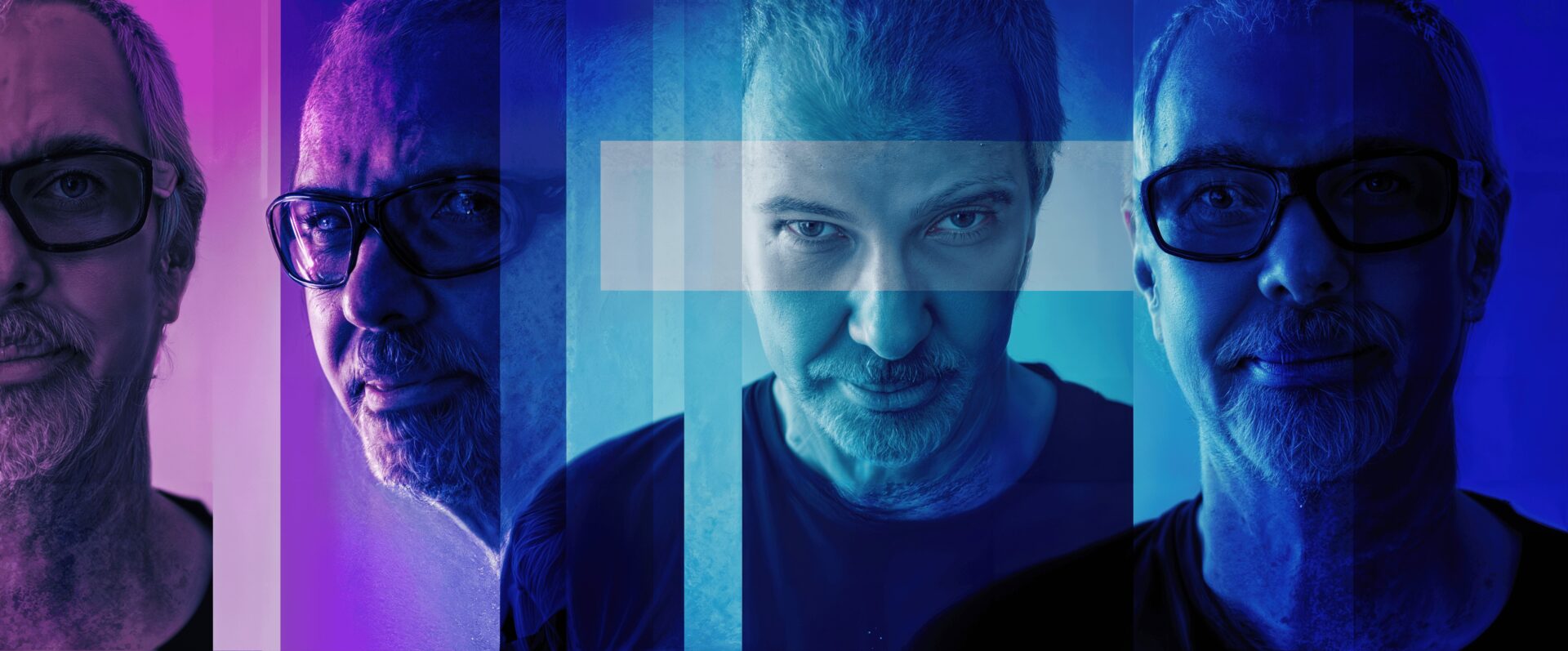Self-doubt and imposter syndrome have stopped far too many talented folks from going for their goals and reaching their true potential. Our hope is to host conversations that inspire folks to overcome imposter syndrome and help others as well.
Vivien Bong

I don’t think I’ve ever fully overcome imposter syndrome and I don’t think I ever truly will. It has a way of creeping up every so often, but I can tell you how it’s become less prevalent in my mindset. Part of the way I approach work and growth is knowing that I don’t know everything. Being open to learning new skills from others in the industry, asking questions and knowing that sometimes there’s a better way is how I’ve learnt so many things! Whether it’s moving a scene around, cutting a scene a second shorter or trying a completely new set of shots; feedback, although frustrating at times, has allowed me to become a better storyteller and editor. Read more>>
Julieta Gerlein

As the days, months, and years passed, I discovered that this famous syndrome would appear, creating doubts and making me question my abilities, while generating uncertainty and fear about the future. Every time I tried to control it, I succeeded and felt at peace for overcoming it. However, as a surprise, at the least expected moment, it would resurface, bringing back fear, uncertainty, and doubt. Read more>>
Jessie Berkshires

I’ve overcome imposter syndrome by focusing on what truly matters—creating art with people I love and being proud of what we make. The voices in my head that tell me I’m not good enough will always be there, but I’ve learned not to let them win. Honestly, in the grand scheme of things, who cares? That’s the mentality I’m embracing: to let go of external validation and fully immerse myself in the joy of creating. Read more>>
Morgan Wilke
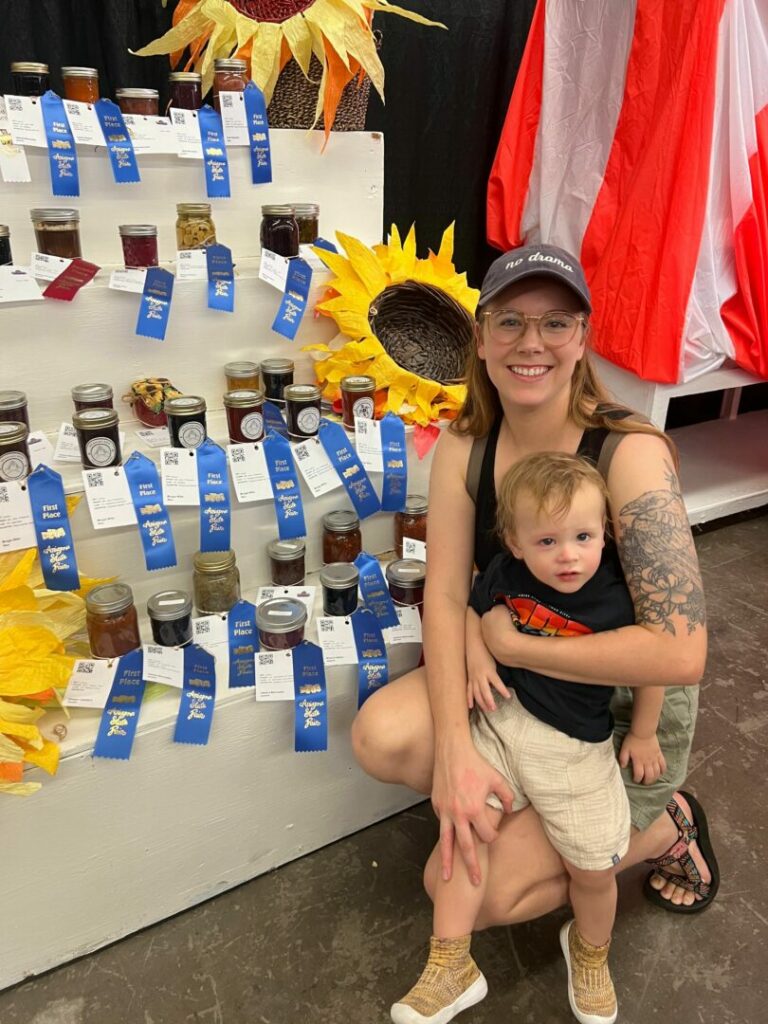
Imposter syndrome is something that I, like many women with blooming businesses, have faced. When it comes to subverting your worries about being good enough, I think its important to lean on those who support you and your vision. We need to focus on feeding the energies that will drive us forward, not only in business, but in our personal lives as well. The road to success is long, and discouraging at times, it can be helpful to look back and see how far we have come. Read more>>
April Guscott
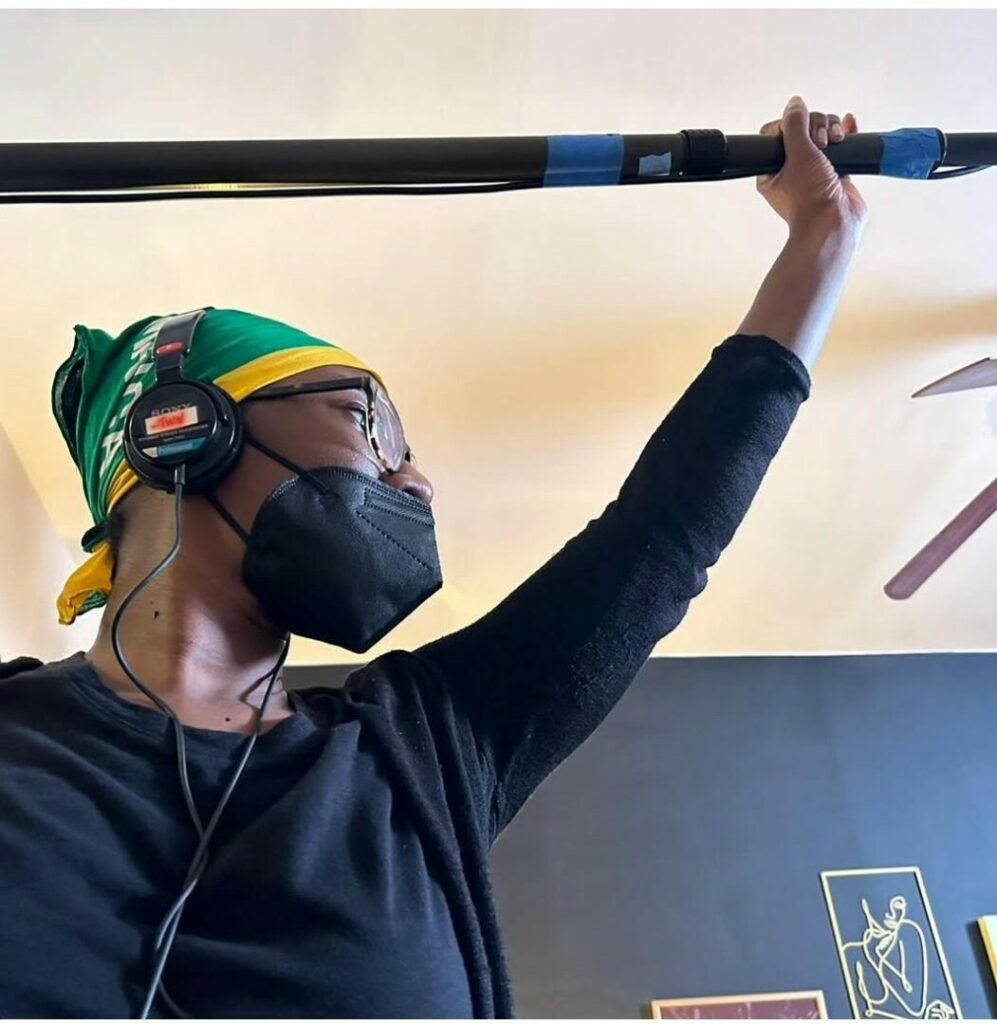
I overcame imposter syndrome by weighing my fears of failing against my fears of never bringing my dreams to life. In the end, my dreams won out. I have always been a writer (terrible love poems and some short stories) but I never really shared that work publicly. Writing has been my greatest outlet, and it’s always been so personal and that’s also why I loved it. It belonged to me and I didn’t have to consider what others thought about it. In grad school I was able to take screenwriting classes and graduated wanting to write for TV and the big screen which are inherently not selfish mediums. By their very nature they require sharing with audiences. So, I danced around my potential for many years. I held myself back by not finishing projects or investing the time to really develop my craft because I was afraid of sharing my failures and my not good enoughs with anyone. Read more>>
Jasmine Mcduffie
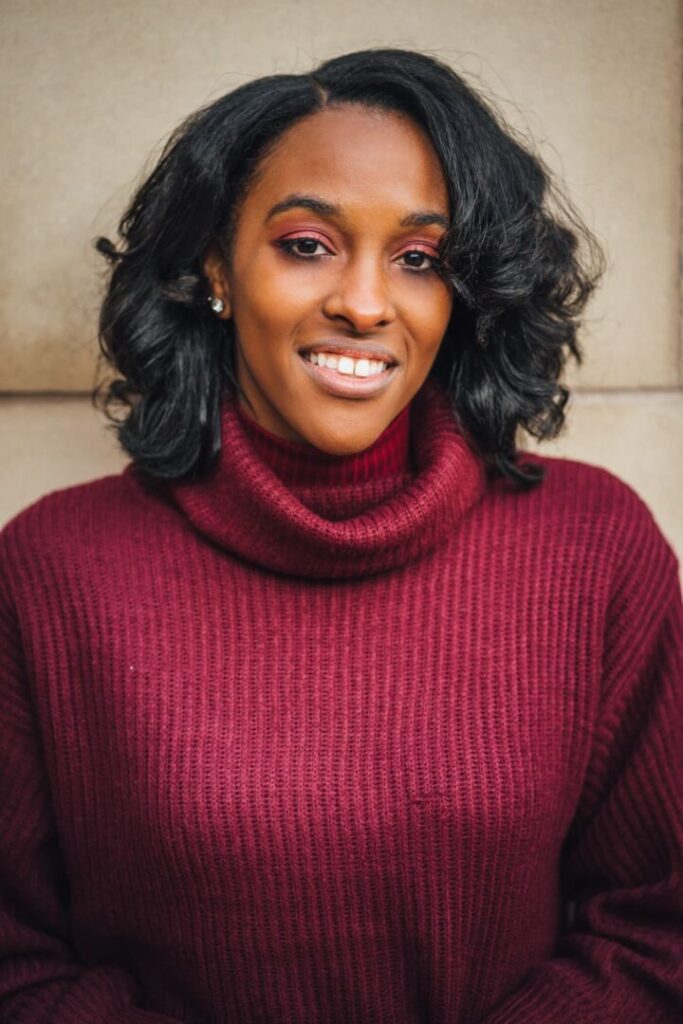
Being a women of Faith, imposter syndrome is kind of a thing I can relate to but ultimately I know my creativity, talents, and abilities all come from God. It’s hard to independently see myself like I built this all by myself when there is absolutely a higher power working in and through me to do the things that seem impossible, or hard or even The simple things. So I solely rely on God when it comes to doing everything knowing that he will sustain me. Read more>>
Seth Boyer
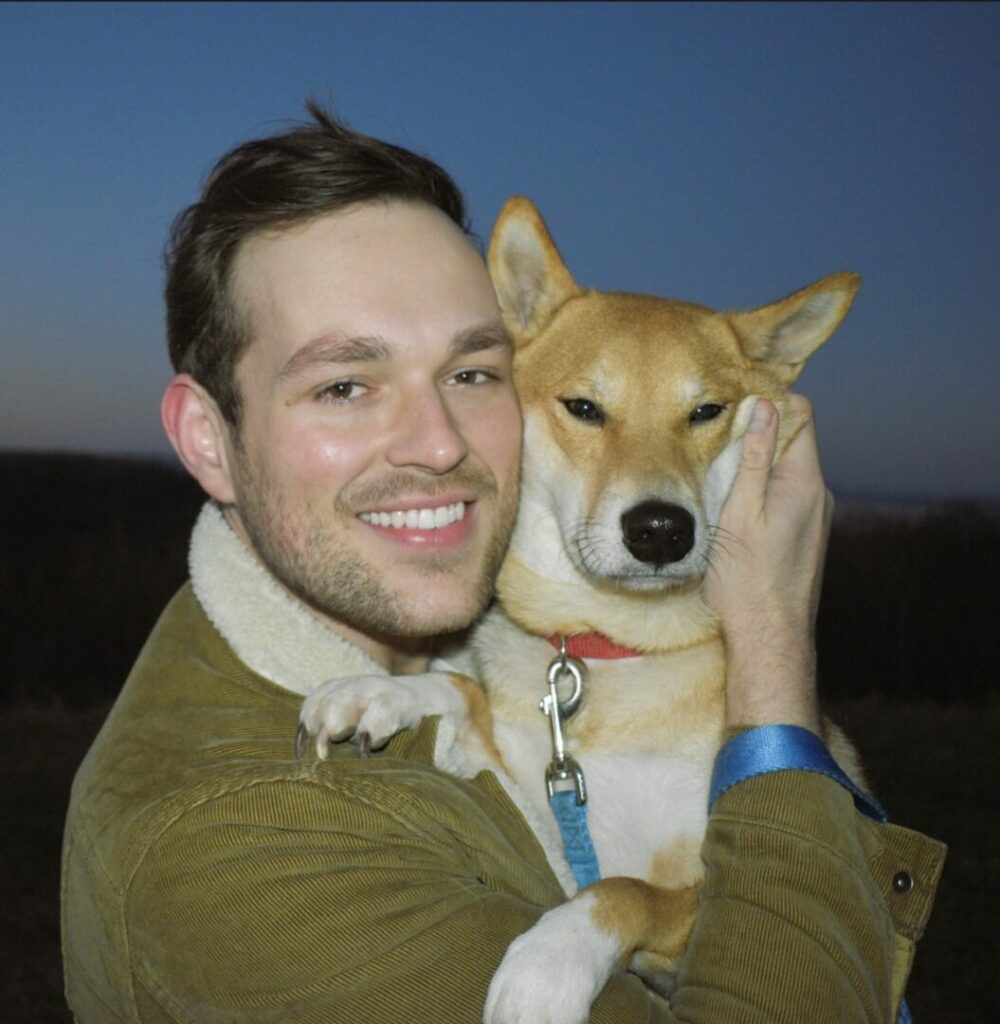
As an actor, it is not uncommon to experience imposter syndrome. This industry hardwires you to compare yourself to others, and most of the time those other people look like they are having success. The key to this is to realize that everybody starts somewhere, and to trust your progress and work ethic. Focusing on authenticity and being diligent made me overcome this issue, and it has paid off. The only person you can compare yourself to is your past self. When I booked a co star role on NBC’s Chicago Fire, I remember looking at the mirror in my trailer realizing that I deserve to be in this industry, and if it wasn’t for patience and hard work I would have never experienced that feeling. Read more>>
Jean-laurent Gaudy
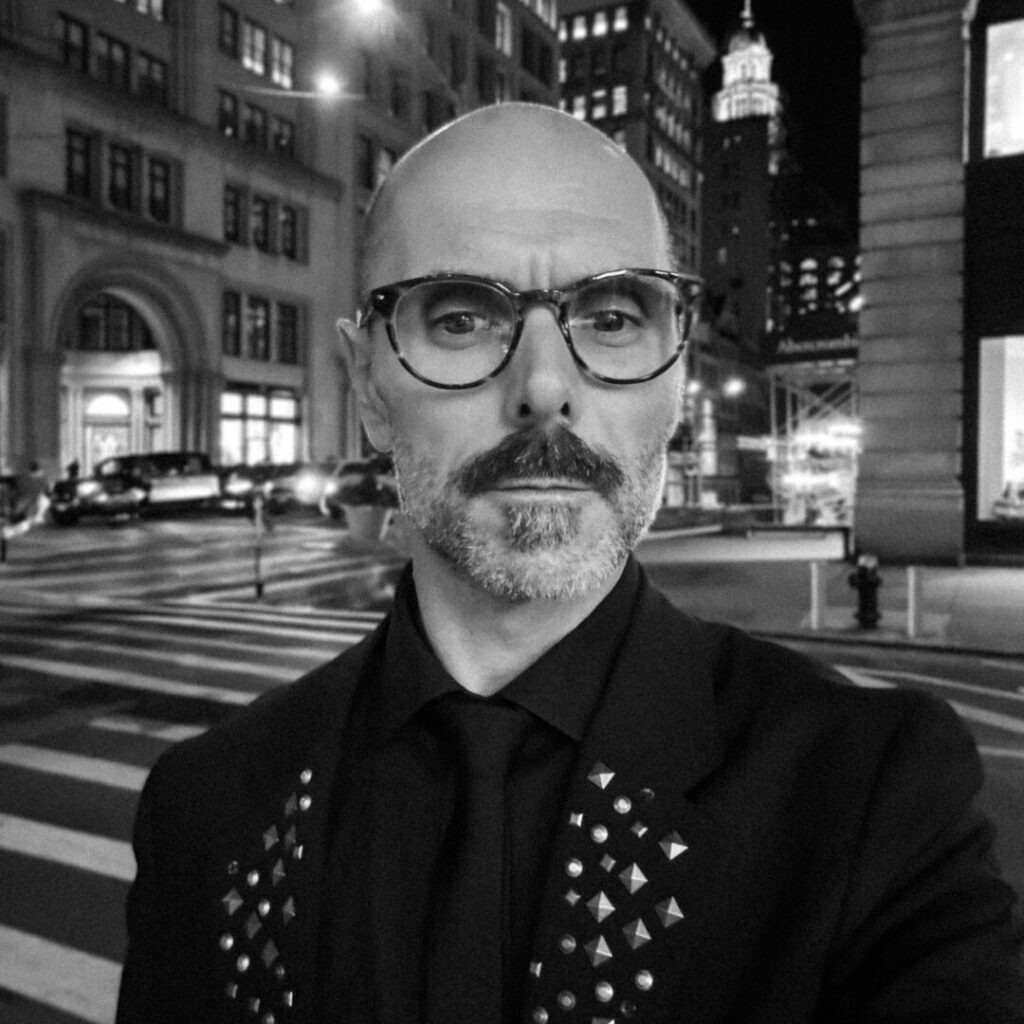
I never truly overcame imposter syndrome, though I once thought that was the goal. Looking back at my journey from a modest family in France to where I am today, this feeling has been my constant companion through every transformation.
As I matured, I came to understand that these feelings of uncertainty were actually signals of personal growth. My first leap was leaving the comfortable world of corporate advertising – where I had spent nearly a decade building a “proper” career – to pursue wedding photography in Paris. Each time I picked up my camera for those early weddings, that voice would whisper, ‘Who do you think you are, pretending to be a professional photographer?’ Read more>>
Kiley Rizzo
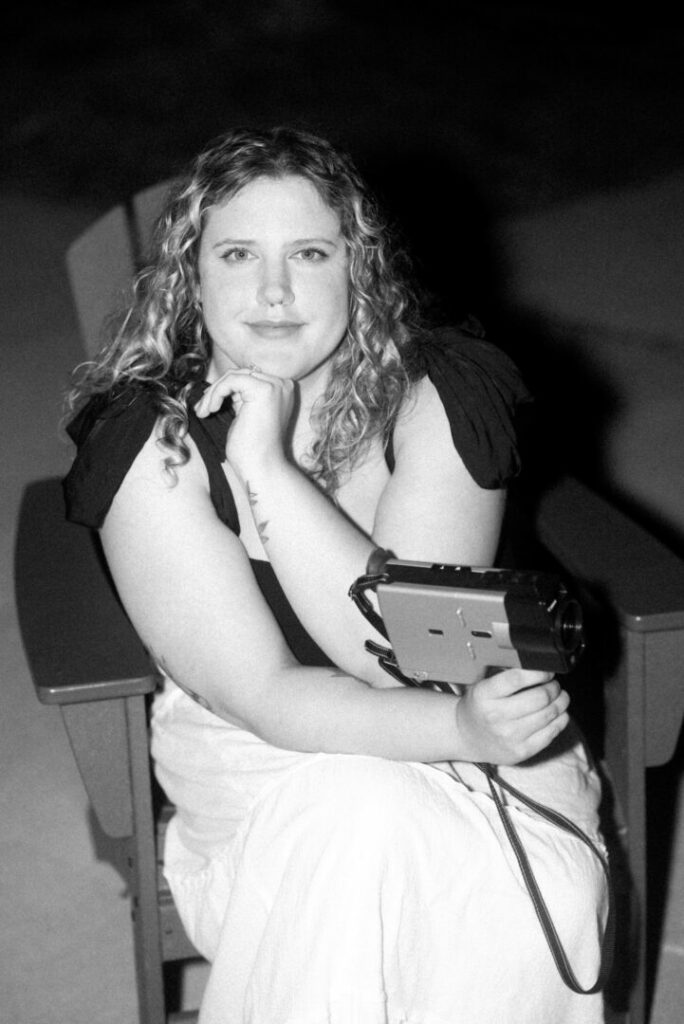
I think imposter syndrome is a condition that ebbs and flows throughout my life. Starting this business in the first place required me to overcome the imposter syndrome that was telling me I simply wasn’t ready to enter this industry. Surrounded by excellent wedding industry professionals with my “Dad Cam” from the 70s, it’s easy to feel like I’m truly not meant to be there. I wondered what other people would think – if I’d be viewed as someone simply “following the trends” versus creating art that I’m passionate about. Which is why I had to start telling myself that when I do something I enjoy, the right people will show up. Everyone has to start somewhere, and no one is truly “ready” for anything. It’s rare for someone starting something new for the first time to enter the industry as a pro – and I just have to be willing to make mistakes as I go along. Read more>>
Gabriel Rosario

To be perfectly honest, I’m not entirely sure I have! Imposter Syndrome is something that, at least for me, comes back from time to time. Luckily, I am surrounded by some of the kindest human beings, ranging from family and friends to co-workers and students. These people remind me that I deserve to be in these spaces and that the work I’m doing is having a positive impact. About a year and a half ago, I was in a particularly deep valley. It was one of those moments in life where you start questioning almost every decision you’ve ever made, asking yourself if you’ve chosen the right path. Well, one day I was speaking with a student at AMDA and they said, “Yeah, if it wasn’t for you and David (another member of the Faculty and one of the most generous souls you could ever meet), I wouldn’t have been able to make it through the program.” Hearing those words reminded me that, while not perfect, I have made a positive impact on a lot of my students. Read more>>
Tyler Stone

I’m not sure I ever really did. Sometimes, I just have to force myself to step back and say “hey, this is working. You’re clearly doing something right.”
One thing that has helped a lot with my imposter syndrome is connecting with people in the same field. I’m in a discord group with other TikTok/YouTube science communicators, and they are some of my best sources of inspiration and encouragement. Read more>>
Ingridi Viruel

That’s a great question. Growing up, I spent years doubting myself, often comparing my journey to others. But over time, art became my outlet, helping me release those negative thoughts. My passion for creating was so strong that it gave me purpose and kept me moving forward. I was, in a way, hypnotized for the idea of art existing in my life. When I moved to New York though, my self-doubt resurfaced. Surrounded by so many talented artists, it was easy to feel overwhelmed by the endless creativity. But as I met more people and continued creating, I began to see the city as an incredible opportunity, a place to grow and reconnect with myself. Being part of such community brings me gratitude and reminds me that the possibilities here are endless. Today, I am very proud of the work I create and that is what brings me confidence. There will never be another person quite like you—your mind is uniquely yours. I used it to my advance. Read more>>
Jessica Jeanine
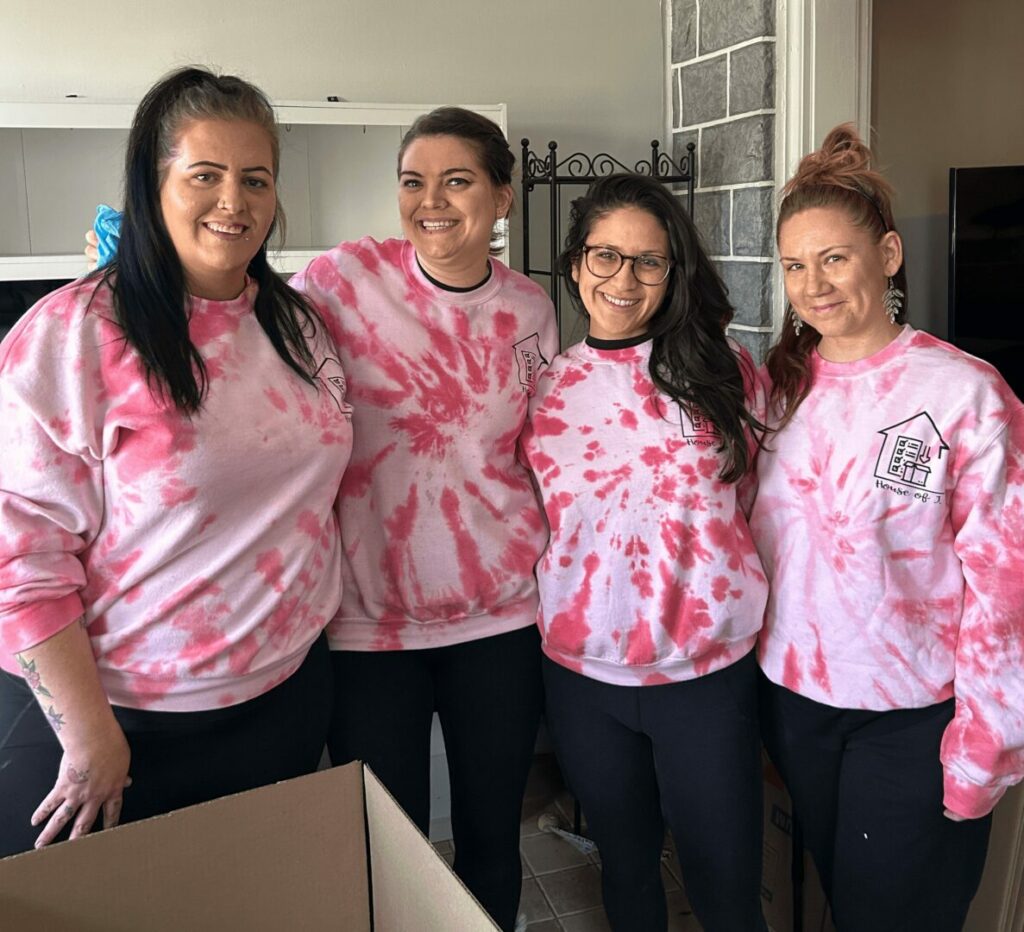
Does anyone actually overcome imposter syndrome? Right now, in my first 5 years in business that’s still a constant process for me. It’s not a one-time thing—it’s something I have to check in with myself about regularly. There are times when I still feel like I’m not enough, but I’ve learned to recognize that those feelings don’t define my worth or my abilities. I have accomplished a lot in a short amount of time already, with the support of an amazing team and community of clients and returning projects. I regularly ask for feedback which helps me stay focused on what’s ahead of me and not spend too much time worrying if anything is “good enough”. Read more>>
Phil Bellezza
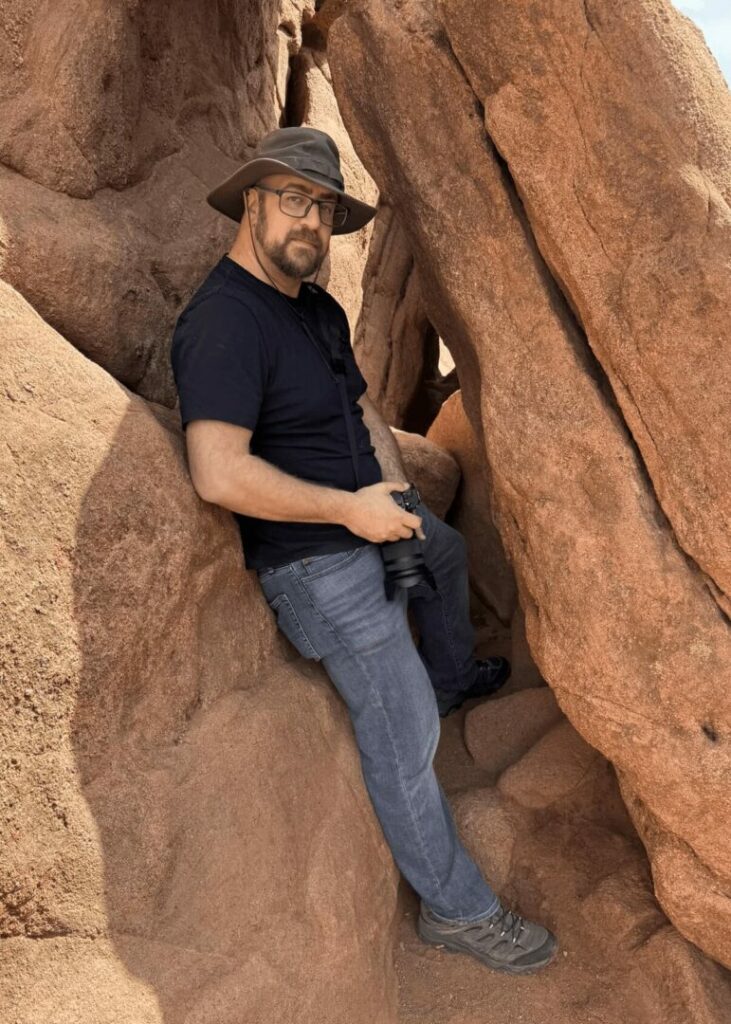
Personally? I haven’t. No matter how many people say they love my work, no matter how much clients gush over their galleries, no matter how many events I book, I still hear that little voice in the back of my head whispering “You’re a fraud… they’re going to figure out you suck and aren’t worth what you’re charging… your work is stale and uninspired…” Read more>>
F. G. Keel
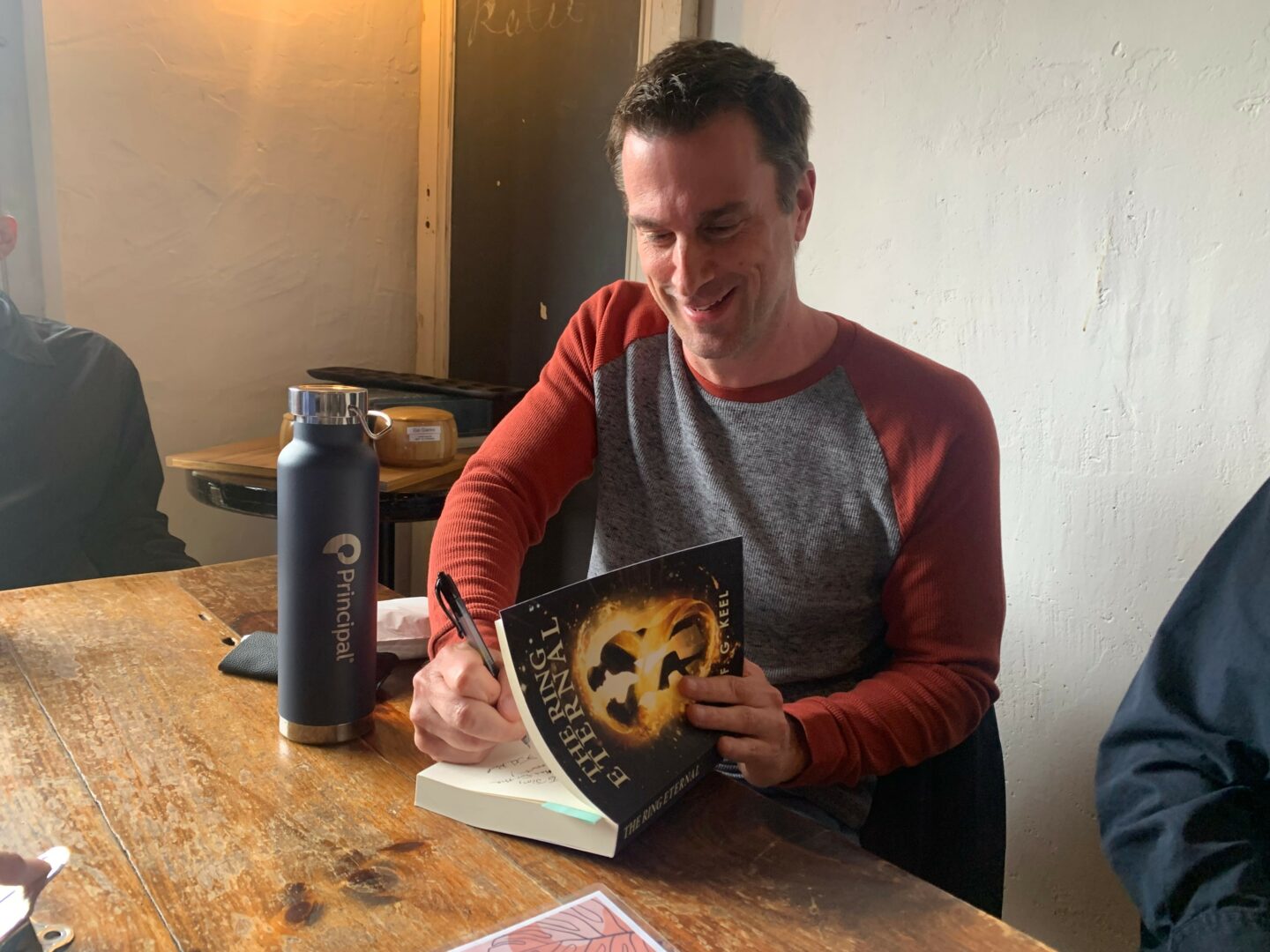
I love this question because it’s not something you just overcome and it goes away. Imposter syndrome is something I must deal with periodically and keep overcoming. To do that, I rely on colleagues, friends, family, and most importantly, myself. I just keep working hard and trusting in my talent and ability. Like with anything, your belief in yourself will constantly waver, but knowing that so many deal with this—many who are wildly successful—helps to know you’re not alone in the struggle. Read more>>
Kendra Norman
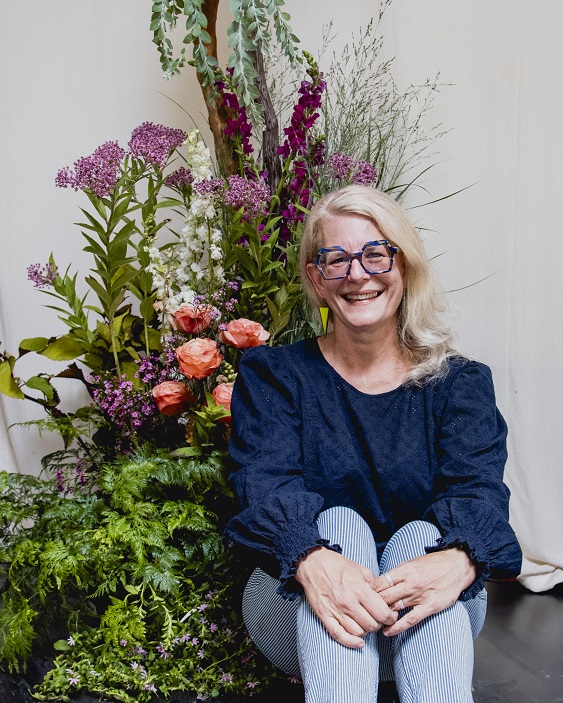
I landed in my career as an events florist almost accidentally as a by product of a mid-life career change from hospitality to Urban Garden Design and Installation. Consequently, all of my training and education have been informal, and mostly self-taught. Floral design, and events styling is highly competitive, especially in New York City. Without the networking and feedback afforded by more traditional paths to a career in a design related field, feelings of isolation and inadequacy are very real. Read more>>
Kendall Walker
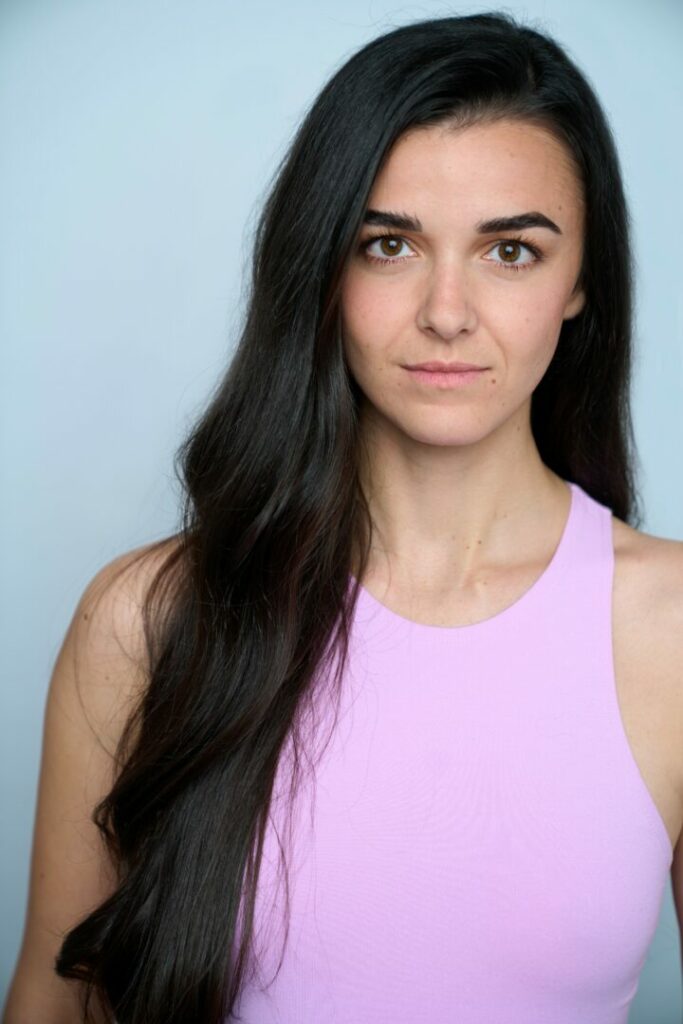
I kind of didn’t. Or, I should say, I’m still working on it. Imposter syndrome is such a funny thing, because the concept of it implies that the person experiencing it knows that it is an unfair, untrue, or self-sabotaging phenomenon; so, recognizing that you have imposter syndrome indicates that you know you are not actually an imposter, you just feel like you are. Whether it’s teaching college classes to students not too much younger than myself, acting in or directing a show, running events for people who have more lived experience than I do, or even just doing things that I know I am capable of like taking care of my dog or hanging out socially with friends–there is always a “fake it til you make it” loop running through my brain. What has helped me manage imposter syndrome is reminding myself that so many other people surrounding me are feeling it too. We all feel it at some time or another because we want to succeed and make ourselves/others proud, which certainly isn’t a bad thing. Read more>>
Lisa Lovelace
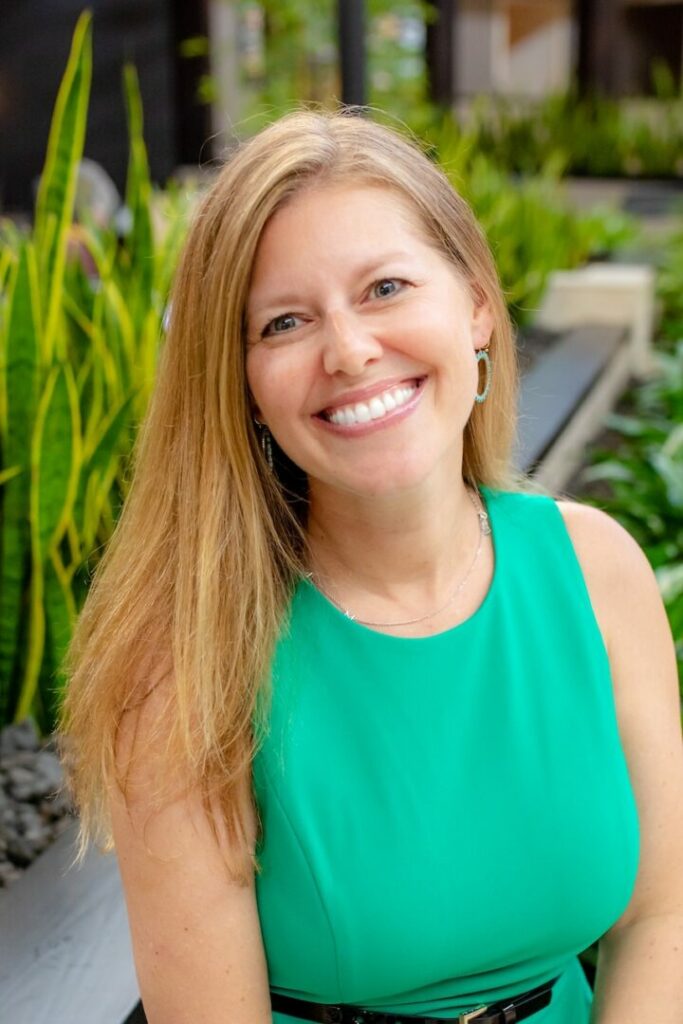
Starting an online, multi-state group practice wasn’t exactly on my radar when I first entered the world of psychology. Honestly, it seemed like a far-fetched idea—something for someone else, someone more qualified, more together. You know, the kind of person who radiates confidence, like they’ve got it all figured out. That wasn’t me. Read more>>
Aleah Vassell
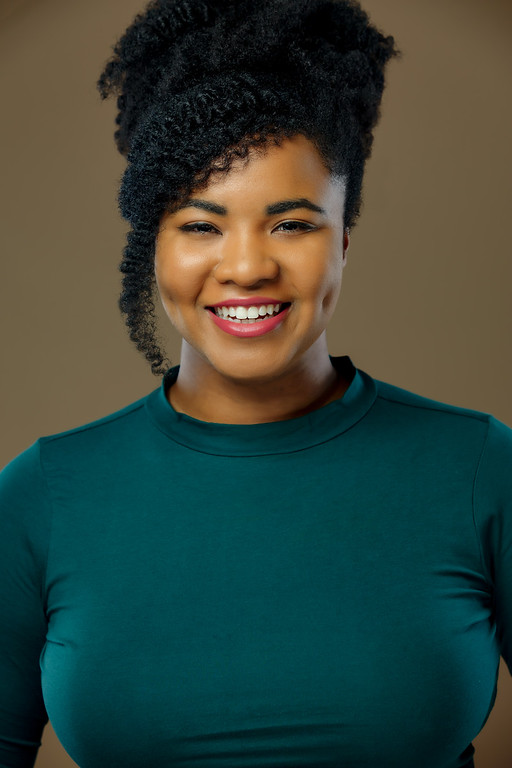
I don’t – I make peace with it.
I have a healthy relationship with my imposter syndrome to when it peaks out to say hello, I can now recognize it immediately. Because of this befriending in a way, I understand that my imposter syndrome is not me but just one part of me.
My imposter syndrome is a collection of voices, media, and thoughts I’ve taken in that make me feel like I’m not enough. It’s another voice in my head, but it is ultimately not myself. I’ve given it a name to further separate it from my true self, the one that loves me. The one that searches for joy. The one that appreciates life and play and is always rooting for me. Read more>>
Ramona Lee Soo-jun
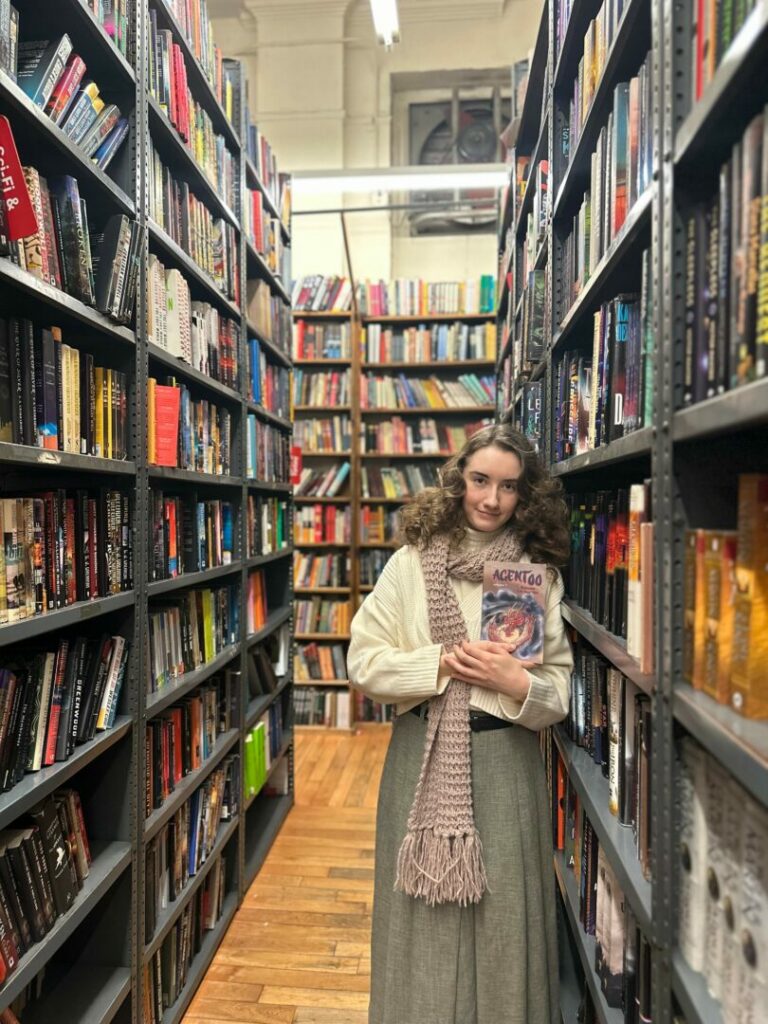
I think it’s a journey that doesn’t really have a finish line, but over time, I’ve realised that overcoming imposter syndrome is about consistently reminding myself of my own worth when the doubt starts to creep in. It’s something that tends to stick around, especially when you’re stepping out of your comfort zone or taking risks. Read more>>
Josh Blaines
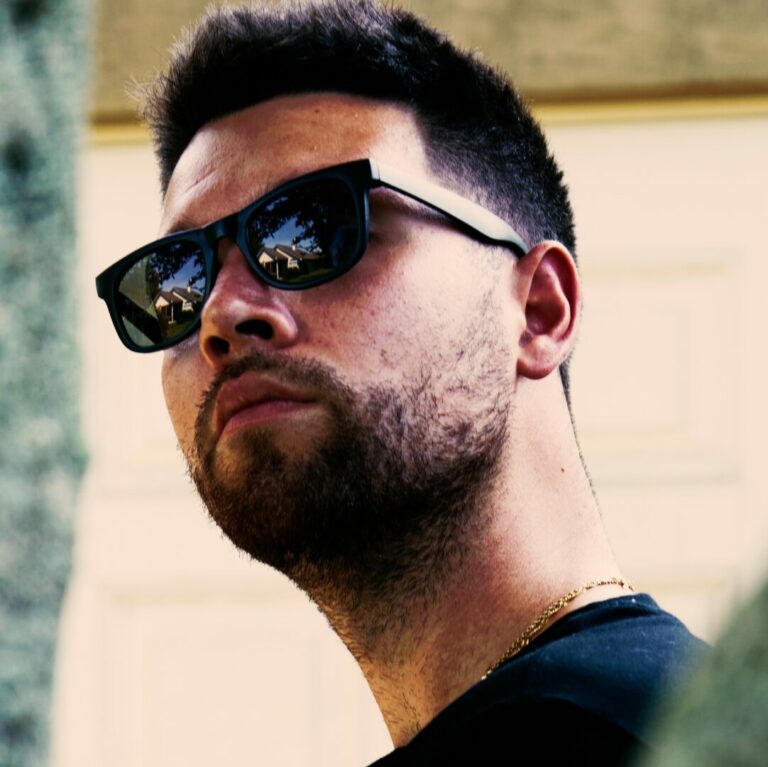
In this copy & paste era we live in, I genuinely enjoy, “going against the grain.” Finding what works FOR ME & honing on those specific things/traits.. I CREATE music that I would wanna listen to FIRST before the public even gets a crack at it.. “Would this resonate w/ me?” Does this, “STAND OUT?” Read more>>
Justine Lindsay
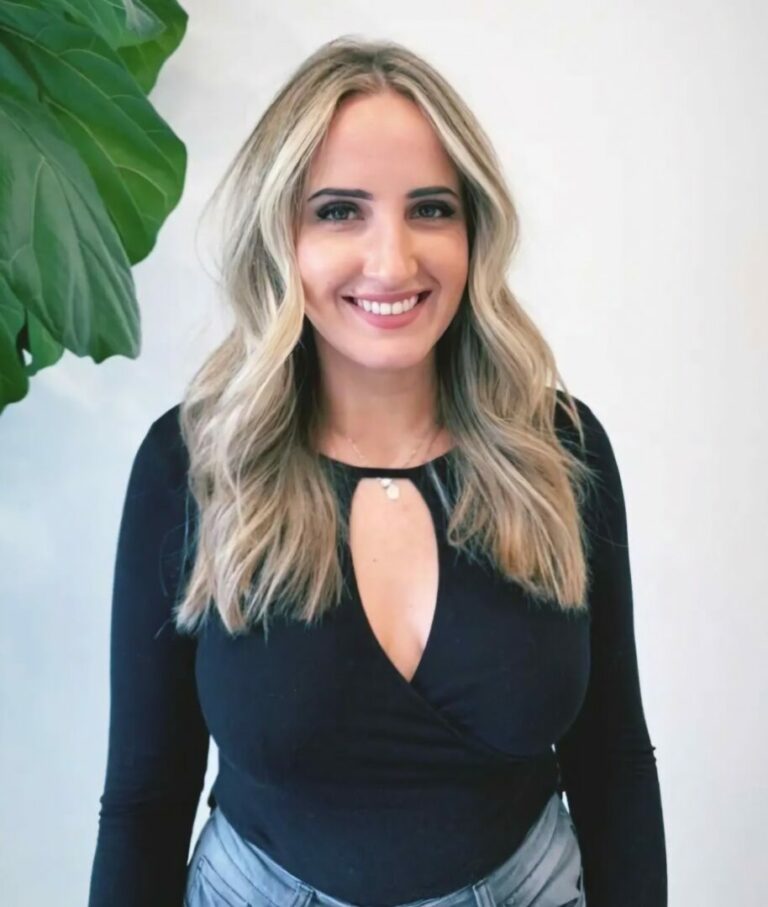
I think a healthy amount of imposter syndrome isn’t necessarily a bad thing, and overcoming it completely would be discrediting the other roles in my life. Maybe I feel like a fraud behind the chair as a hairstylist because Im still thinking about cooking dinner while trying to nail those “Sabrina Carpenter” curtain bang on my 5pm client. Maybe its because potty training a toddler at home has me hiding in the work bathroom five extra minutes during my time set aside for sanitizing tools. But maybe when I feel like an imposter, I’m also seeing things in a different perspective. The humanity of my client, on her most golden day or darkest hour. The humanity of myself, when I feel unworthy of the profession over an error in my schedule. For a brief moment, maybe I don’t belong. Then I glance at my license and it tells me otherwise. I remember the work that achieved it and I trust that it’s enough, that I’m enough, to create something worthy of a price tag. Read more>>
Scott Hanson
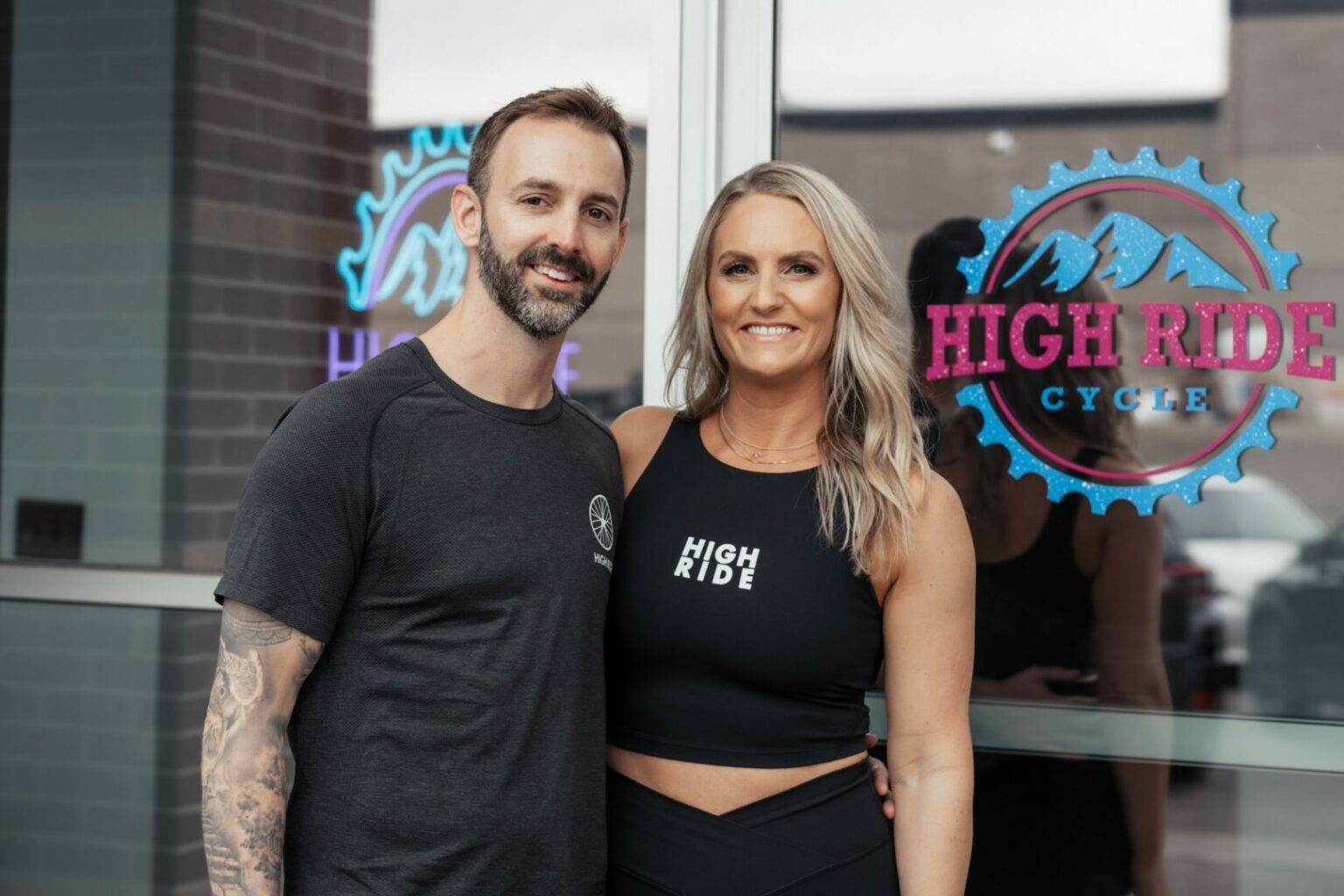
I’m not sure if the feeling of being an imposter ever fully goes away. Each week and year brings new challenges that our team works through and grows from. What I’ve learned is that you and your team encounter issues and deal with them, hopefully in a productive way. As you continue to take on more challenges you learn from them and are able to adapt to future challenges and continue to grow. There are still times where I want to pull my hair out, but we’ve come this far so we can most likely figure this next issue out. Read more>>
Gaida Demotte
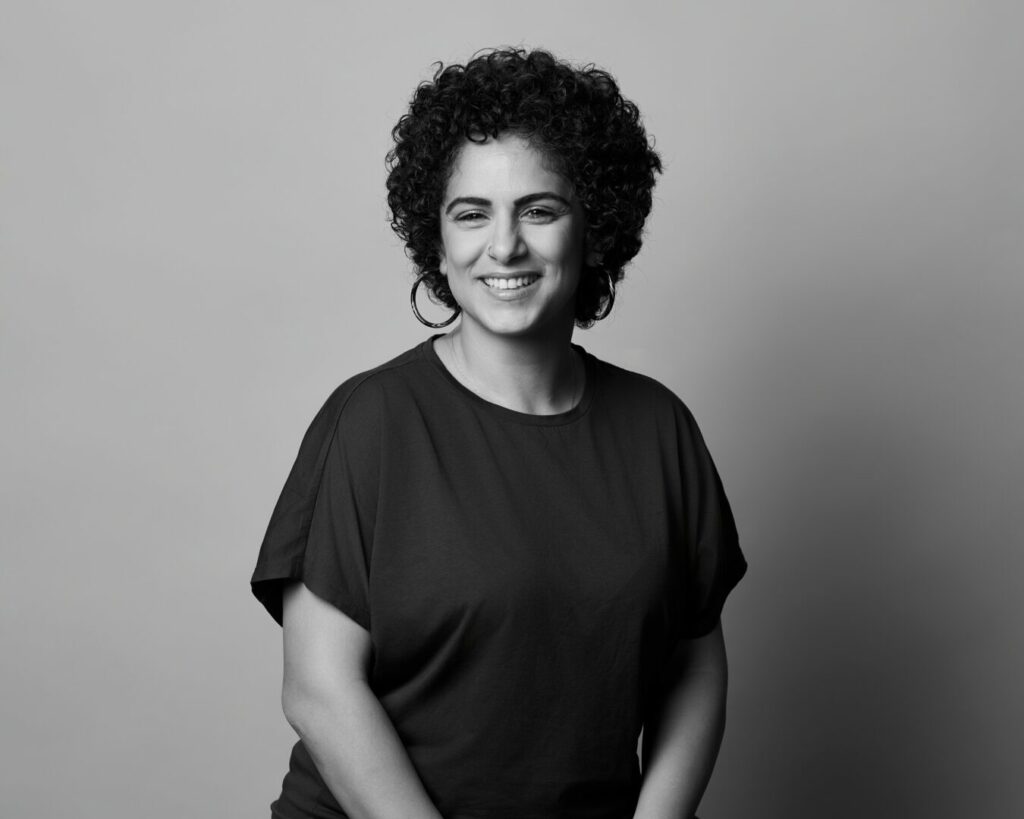
What helped me overcome this was a focus on three key actions:
1. Leveraging Transferable Skills: I reminded myself that problem-solving, creativity, and project management were as valuable in digital projects as in architecture.
2. Learning Continuously: I embraced every opportunity to learn, whether through courses, mentorship, or collaboration with experts.
3. Recognizing My Growth: Over time, I learned to celebrate my progress and acknowledge that my perspective brought unique value to the projects I led. Read more>>
Eric Okon

I was born into my family’s business, a global chauffeured services company, and I always knew I wanted to be part of its growth and success. However, at the beginning of my career, I struggled with imposter syndrome. I felt as though I hadn’t “earned” my place because I was fortunate enough to inherit a thriving company. Read more>>
Devynne Starks
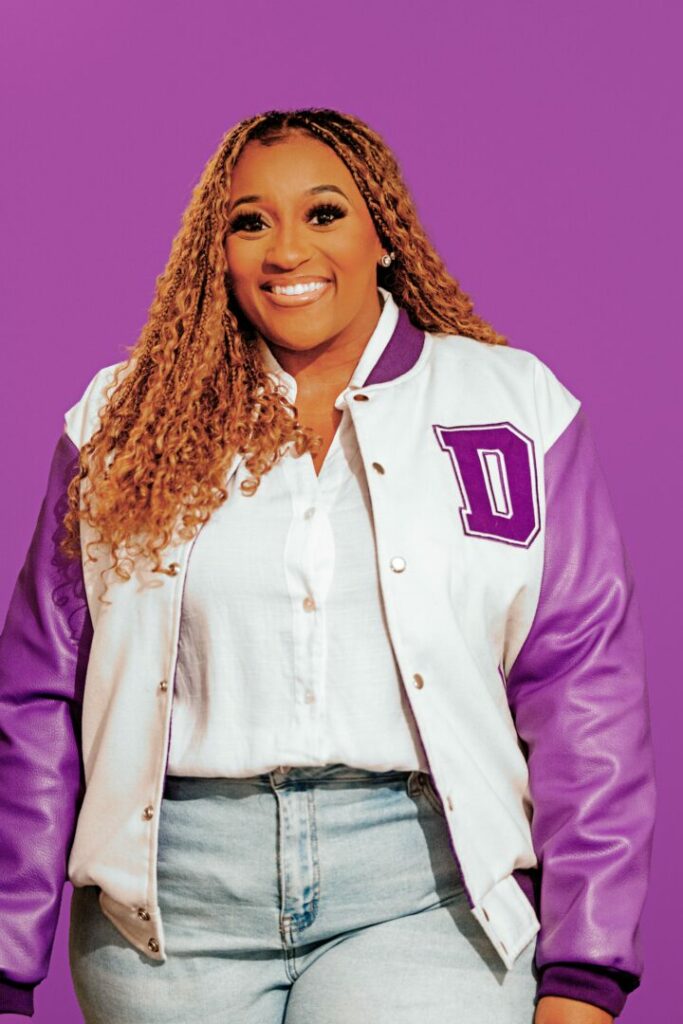
For as long as I can remember, I’ve always been the youngest person in the room. I landed my first corporate job during my junior year of college at Albany State University, and from that point on, I was often the youngest—and sometimes the only millennial in leadership spaces. Balancing advanced roles and responsibilities while trying to embrace both my youth and my capabilities was a challenge, and I struggled with imposter syndrome for years. But over time, I realized that despite my age or perceived lack of experience, I earned my seat at the table because I brought value. The individuals who hired me saw something in me, and that was enough to shift my mindset. As I entered my 30s, I made a commitment to myself to not only embrace my own strengths but to also support and uplift new talent. I now understand that fresh perspectives breed creativity, foster innovation, and drive the change needed for growth, which has helped me step into leadership with confidence and a renewed sense of purpose. Read more>>









